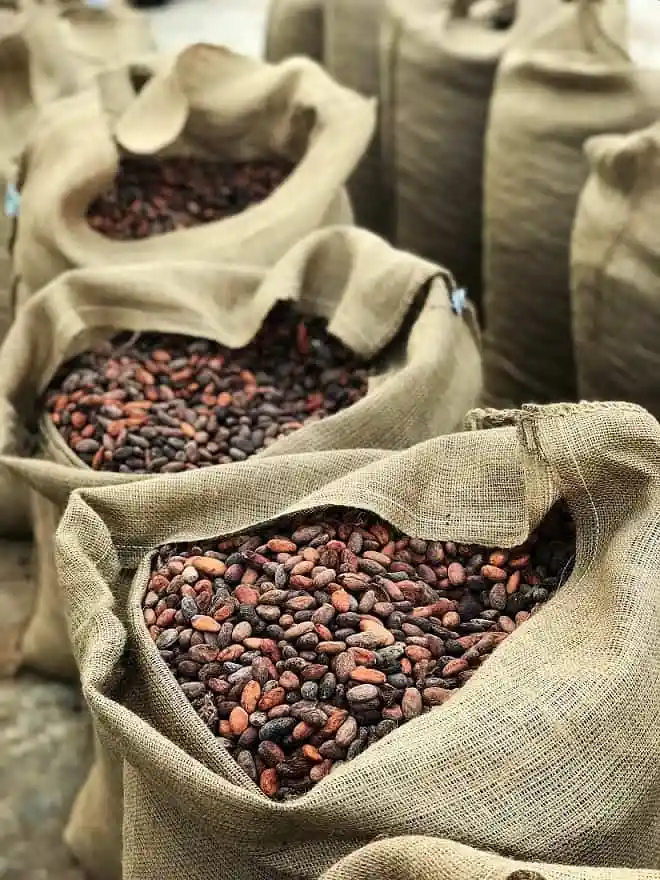Top cocoa producers Ivory Coast and Ghana, in the midst of one of their worst harvests in decades, do not have beans available to fulfil deliveries of up to half a million tons pre-sold at about a quarter of current world prices, two industry sources have said.
The beans make up about 20% of the countries’ joint output and the aim now is to deliver them next season to the buyers instead of during the current season, according to a report by Reuters.
The beans were pre-sold for around 2,000 pounds ($2,508.00) a metric ton while world cocoa prices are currently nearer 8,000 pounds a ton, meaning the West African producers will not benefit in full from surging prices.
Poor crops in Ivory Coast and Ghana, which produce nearly 60% of the world’s cocoa, have resulted in a large global deficit in the current 2023/24 season (October/September), leading global prices to more than double in value this year alone.
Ivory Coast and Ghana’s cocoa authorities did not respond to requests for comment.
The two countries pre-sell most of their cocoa a year in advance. They then use the average of these forward sales to set a “farmgate” price for the following season.
The idea is to use the farmgate price to shield farmers from volatile world prices, and while they may lose out this season, farmers should in theory benefit in the upcoming 2024/25 season.
But on this occasion the rolled-forward contracts will weigh on the average sales price for next season’s crops and so depress the price farmers receive.
Cocoa farmers in Ivory Coast currently earn 1,500 CFA francs ($2.46) per kilo for their beans, while in countries such as Cameroon where cocoa is freely traded, they are getting 5,500 CFA francs, industry sources said.
The price gap between Ghana and Cameroon is similar.
As a result, many Ivorian and Ghanaian farmers are smuggling their beans to countries where they fetch more money, a trend likely to continue next season, industry experts said, given that the price differential is likely to remain significant.
Farmers in the Ivory Coast and Ghana face a double whammy.
Not only are they getting relatively low prices for their beans but their crop has also been hit by adverse weather and disease, limiting what they have to sell, unlike rivals in the rest of Africa and beyond.
Traders, brokers and analysts said Ivorian and Ghanaian farmers are therefore unlikely to invest in their crop by pruning and applying fertiliser and pesticide – practices that could result in much higher yields as early as next season.
“The problem is farmers in Ivory Coast and Ghana are still not getting anywhere near enough money to prompt them to invest in their crop,” said Tropical Research Services’ Steve Wateridge, a world expert on cocoa. “The thing to do is to pass on the price signal sooner,” he said, referring to world market prices. ($1 = 0.7974 pounds) ($1 = 609.2500 CFA francs)

